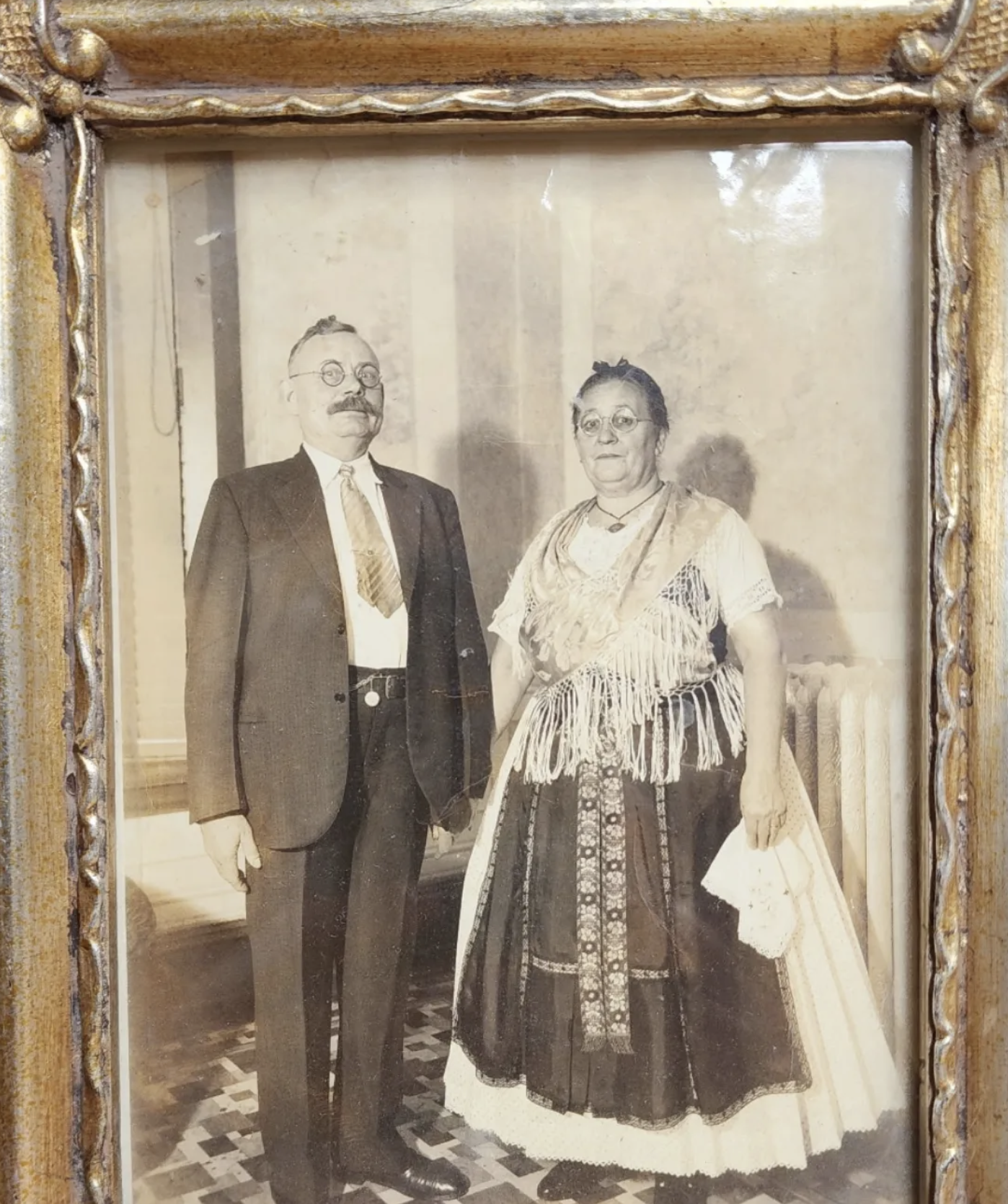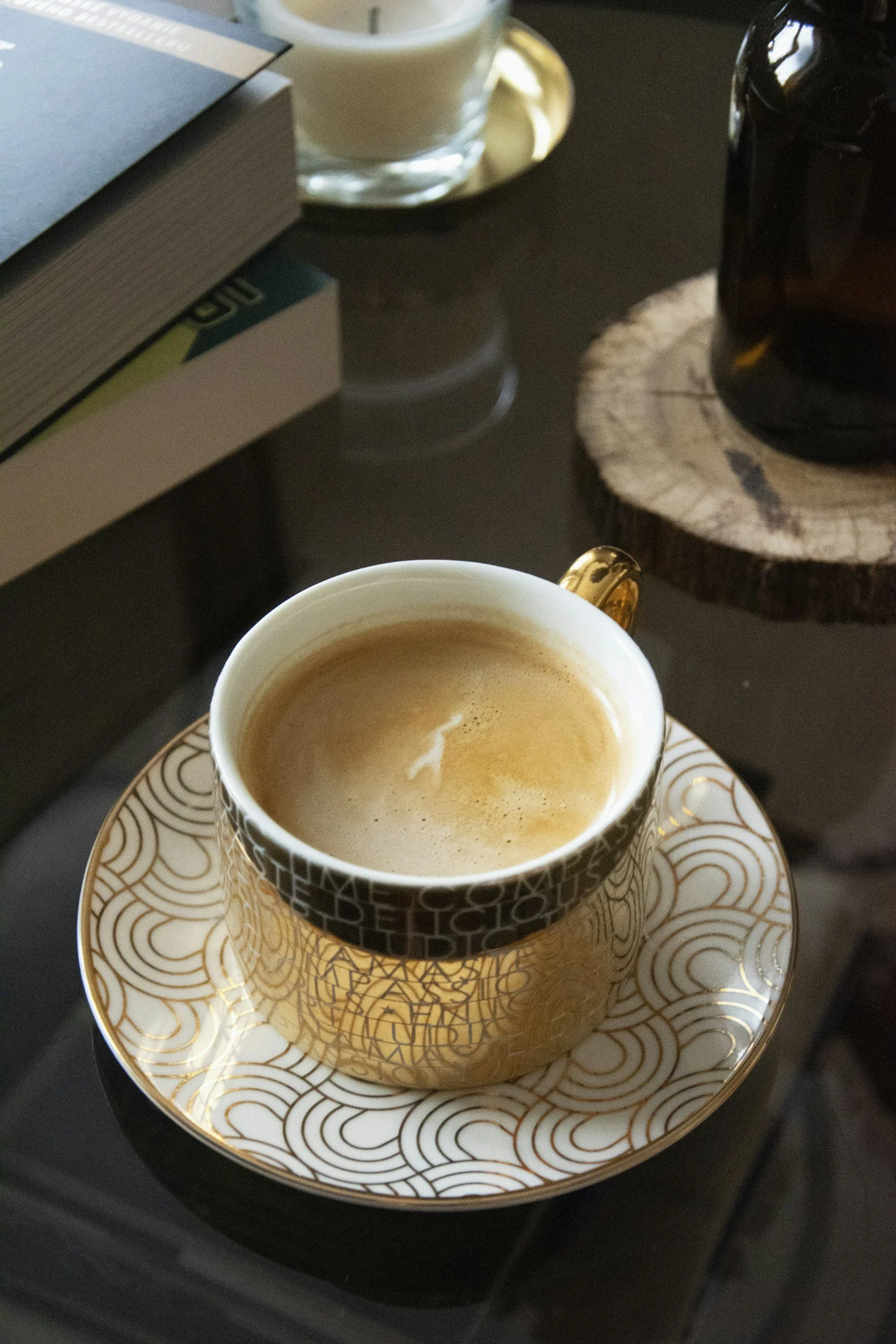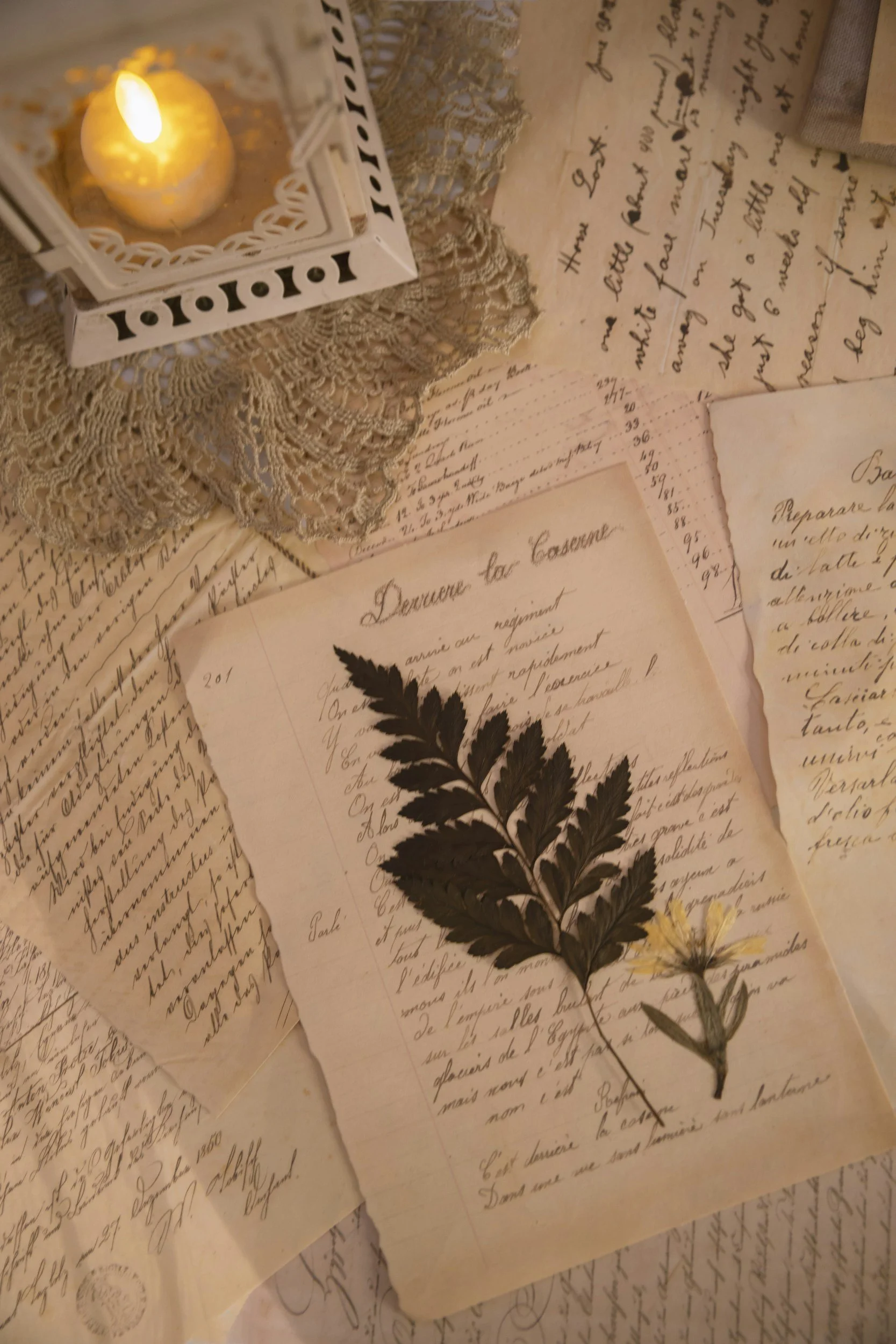The Poetry Peddler

About Peddling Poetry
The Poetry Peddler is about democratizing the Peddler’s vision of poetry as a way of life, a vision of the human grounded in language as an expression of the human spirit.
Every true poem, every true piece of writing, is a spark of life itself—the force of energy organizing itself in space and time with purpose. “The word purpose describes something acting as a whole, to deliver something for the whole organism,” says biologist Sir Paul Nurse, Nobel Laureate and Director of the Francis Crick Institute in London.
A true poem, essay, or novel is a whole organism, like a cell. Every line acts together to achieve a wondrous unity. We marvel at wholeness. That is why every true poem is a flame from the fire of life. We find in the space of a tiny poem, like an atom, the power of the entire universe.

Every true poem is a spark of Life itself—the force of energy organizing itself in space and time with purpose.
Who is the Peddler?
Alexandra Barylski, M.A. (Yale University)
Alexandra Barylski is the Executive Editor of the Marginalia Review of Books, the Director of Projects and Publications at the Institute for the Meanings of Science, and the Co-Founder of The Writing College, where she directs The Women’s Writing Institute.
At Marginalia, she works with the world’s leading scholars, writers, scientists, and artists, editing and curating their work for over 100,000 readers and directs the publications events for the Meanings of Science Institute. At Yale Divinity School, she studied with Christian Wiman, former Editor of Poetry. She has taken poetry workshops with poet and critic, Alicia Ostricker and poet, MacArthur Fellow (1997), and president of the John Simon Guggenheim Memorial Foundation, Edward Hirsch. In 2018, she was the Kenyon College Peter Taylor Fellow for Guggenheim Fellow (2017), poet, and writer, Afaa Weaver.
Alex is also an award-winning poet and deep literacy advocate and coach. Her poetry has won competitions and awards, including the Morton Marcus Poetry Prize. She holds a B.A. in Secondary Education and Literature and Language Arts and two Master’s degrees in Literature. In 2020, she founded The Writing College with philosopher, writer, and applied ethicist, Samuel Loncar, Ph.D (Yale University) to create a solution for the crisis of language in an AI age.
At The Writing College, she teaches reading and writing as spiritual technologies. Her method is based on two decades of experience teaching and researching in writing labs, middle and high schools, liberal arts universities, technical colleges, and writing programs for emotionally disabled children and adults. In 2016, she received her 200-hour YTT from her yoga instructor, Kirtan Smith, who grew up in ashrams and received instructions from one of Brazil’s foremost Hatha Yoga masters, Regina Shakti. Her workshops and guided writing practices integrate the mind, spirit, and body.
Writers who work with Alex have published in major academic presses, leading journals, and news outlets like The Washington Post and The New York Times. Young women writers (under 18) who work with her have reached audiences over 20K with their writing, been awarded the Scholastic Silver Key for non-fiction, and been selected for the The New York Times summer academy.
Alex was born to beauty and the love of nature, inheriting from her parents—a gardener and art teacher with Eastern European roots—an abiding attention to detail, craftsmanship, and the life of the word.
Her great-grandparents (one whom she knew in this life) are from Ukraine, Poland, and Hungary, and she loves that her ancestors on one side were Roma. She loved making kifli in the winter on her great-grandmother’s dough board, as her mother told her stories about how her Great-Grandmother fled oppression in Europe.
Her mother taught her that if a person could read, then they would be free from intellectual and political tyranny. Reading was the sure route to personal freedom, and her public library card wore out more than once while she was a teenager. This belief set her feet on the path of Poetry as a Way of Life, celebrating the human in living language.

We do not need more moralists. We need more humanity.
The power of words, through an ancient alchemy, effect a new way of thinking and feeling. You are not who you were a moment ago. That is the magic of living language, of poetry; it transforms you and frees your mind.
Guides & Meditations
Forthcoming Sections
Poetry Collections
The Press
INVESTING IN MY VISION; OR, BRINGING the WORD BACK TO LIFE
Poetry as a way of life is all about re-kindling the fire of the human spirit. It is about learning to wield words well as a multi-sensory human superpower. It’s about taking responsibility for the reality that words create the atmosphere of the human mind.
Contribute to the The Poetry Peddler’s mission today.








